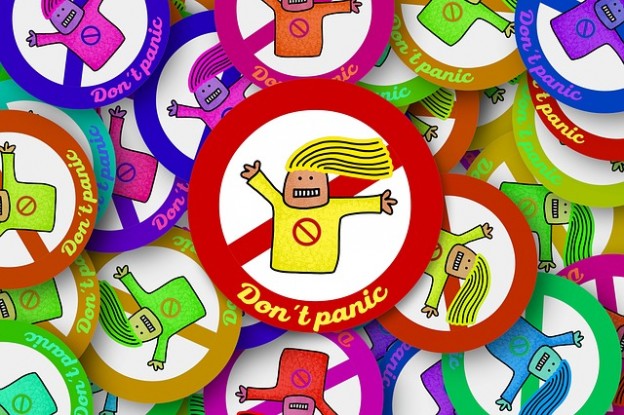 Almost everyone suffers with bad breath at some point in their lives, often caused by foods, smoking, certain medications or even crash dieting.
Almost everyone suffers with bad breath at some point in their lives, often caused by foods, smoking, certain medications or even crash dieting.
Some people simply have ‘morning breath’, which can easily be ‘cured’ by brushing and flossing, or with the use of a good mouthwash. Children and young adults often have days when their breath is bad-smelling, sometimes attributed to hormonal changes in the body.
Most cases of bad breath are temporary and mild, but sometimes can point to a more serious, underlying cause, particularly if the sufferer experiences it for a prolonged period.
Experiencing bad breath can place the sufferer in an awful position. It can be embarrassing, particularly if you work in an environment in close proximity to other people. Some sufferers are not even aware that their breath is bad. Not everyone is comfortable with telling someone they have bad breath, and those sufferers do not get the chance to receive treatment.
What is halitosis?
Halitosis is the medical term given with a clinical diagnosis of bad breath. Halitosis is not the same as ‘ordinary’ bad breath.
What causes halitosis?
The causes of halitosis can be wide-ranging, but the most common causes are:
- Poor dental hygiene
- Smoking
- Gum disease
- Low-carb diets or fasting
- Xerostomia (Dry Mouth)
- Medication
- Alcoholism
What can you do to fight bad breath?
Visit the dentist
It is a good idea to find out what is happening in your body to cause bad breath before you can begin treating it, and the best way to do this is to visit your dentist. Don’t be shy! Your dentist or dental hygienist is specifically trained, and has seen many, many cases of bad breath in all guises before you.
Regular trips to your dentist for routine check-ups at least twice a year will ensure that any underlying issues can be spotted earlier and treated more effectively.
Improve dental hygiene routines
Often, poor dental hygiene is the root cause of breath smelling badly. Improve your dental hygiene routine by brushing and flossing at least twice a day, particularly after eating. Cleaning the tongue regularly can also help to improve your breath, as can the use of a good quality mouthwash.
Take a trip to your local dentist and ask them for tips and advice to help you.
Stop smoking
If you are a user of tobacco products, whether cigarettes, cigars or chewing tobacco, then you are at higher risk of contracting gum disease or other periodontal issues that can lead to bad breath.
Tobacco products can produce a foul smell of their own that can become offensive when breathed out. Smoking cessation improves oral health, and reduces the likelihood of Dry Mouth and halitosis.
Keep hydrated
Drinking water instead of coffee or tea can not only reduce occurrence of bad breath, but can also improve oral hygiene significantly. Keep your mouth moist and hydrated throughout the day for the best results.
Drinking green teas can also be beneficial, as they contain polyphenols that can help to reduce the sulphuric compounds present in the mouth and throat, subsequently reducing oral bacteria.
Avoid certain medications
If you suffer from halitosis, taking certain medications can exacerbate your condition. Although it can be difficult to avoid certain medications if you are unwell, speak to your GP about possible alternatives if you suffer with bad breath as a result of taking:
- Antidepressants
- Pain killers
- Antihistamines
- Products containing sodium lauryl sulphate
- Diuretics
How Dental Excel can help you
Dental Excel in Brisbane and the Sunshine Coast can help you if you are suffering with bad breath. We take a holistic approach to your oral hygiene, and are happy to discuss your condition with you, offering some real, practical advice that you can put into practice straightaway.
We strongly advocate the practice of taking regular oral health checks at your dentist. Your dentist or hygienist can be your closest friend and ally when you suffer with bad breath! Contact us today, and let us help you with your condition.






